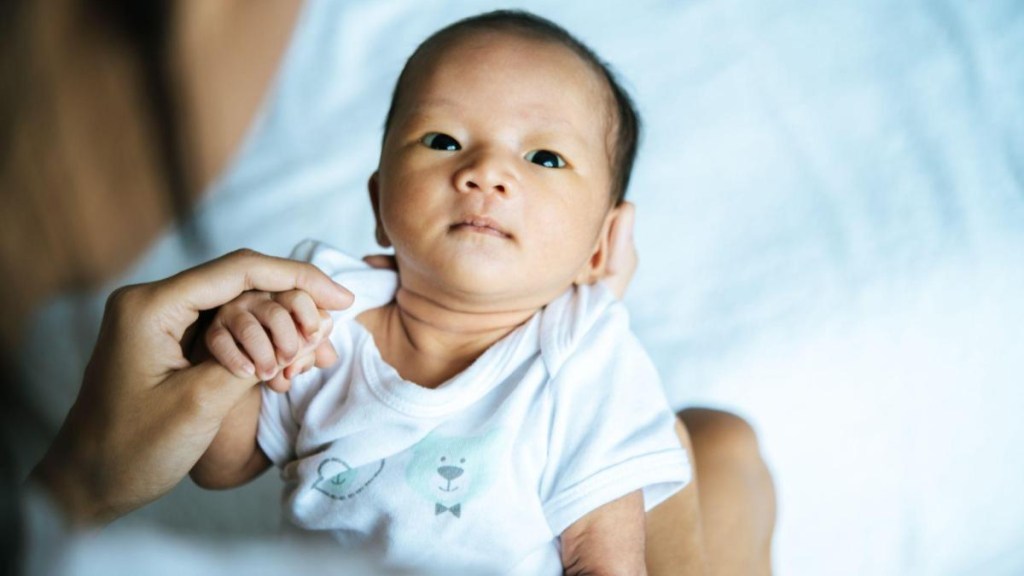India has reported eight cases of human metapneumovirus (HMPV) so far, with the latest detected in Mumbai on Wednesday (January 8). The cases have prompted the central government to urge states to enhance surveillance amidst a rise in respiratory illnesses. Recent infections have been confirmed in Karnataka’s Bengaluru and Gujarat, raising concerns as neighboring countries like China and Malaysia grapple with significant viral outbreaks.
HMPV is a respiratory virus similar to respiratory syncytial virus (RSV) and influenza. It causes acute lower respiratory infections (ALRIs), particularly in young children, the elderly and individuals with weakened immune systems. Symptoms often mimic those of other respiratory infections, such as fever, cough and breathing difficulties.
Impact on children under five years of age
A 2021 study published in The Lancet Global Health revealed alarming statistics about HMPV’s impact on children under five. Globally, in 2018, an estimated 14.2 million cases of HMPV-associated ALRIs were reported. Of these, 58% of hospital admissions and 64% of in-hospital deaths occurred in children under one year, with the highest mortality rates among infants younger than six months in low-income and lower-middle-income countries.
Experts attribute this vulnerability to immature immune systems in infants and the waning of maternal antibodies during the first months of life. These findings also shed light on the urgency for developing effective HMPV vaccines to protect this high-risk group.
Current situation in India
The reported HMPV cases in India come at a time of heightened global vigilance against respiratory infections. The Indian government has recommended preventive measures such as regular handwashing, sanitizing frequently touched surfaces, wearing masks and avoiding contact with infected individuals.
Other countries, including China, are experiencing outbreaks of viral pneumonia and fever, adding to concerns about global respiratory health. Although health agencies emphasize that there is no need for panic, they advocate for robust preventive measures to limit the spread of HMPV and related infections.
As surveillance intensifies, experts stress the need for public awareness and enhanced healthcare responses. The development of vaccines could play a pivotal role in reducing the disease burden in infants.
